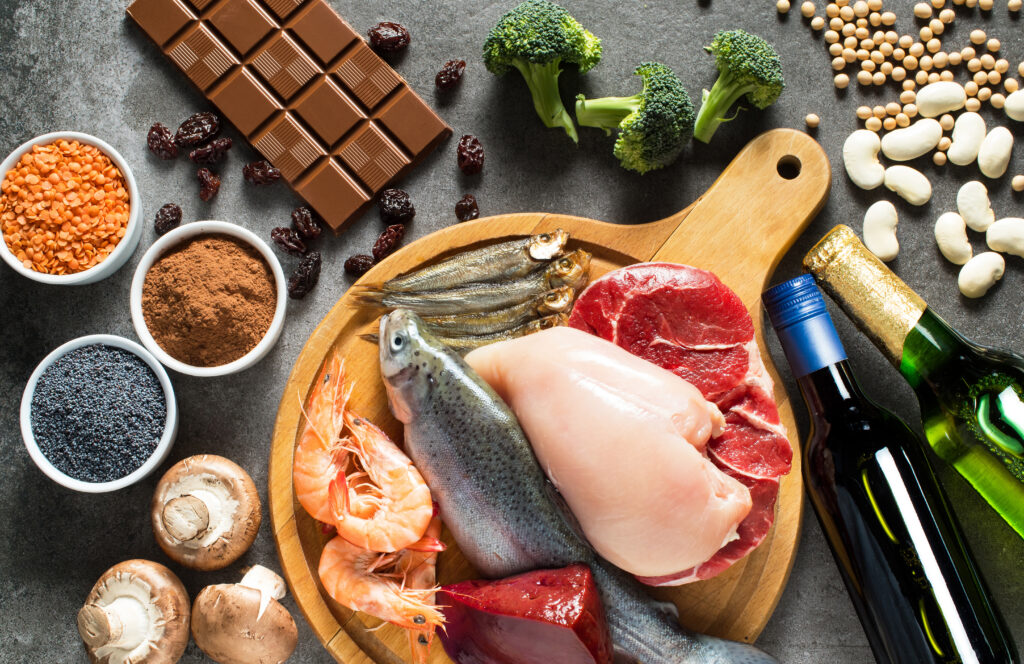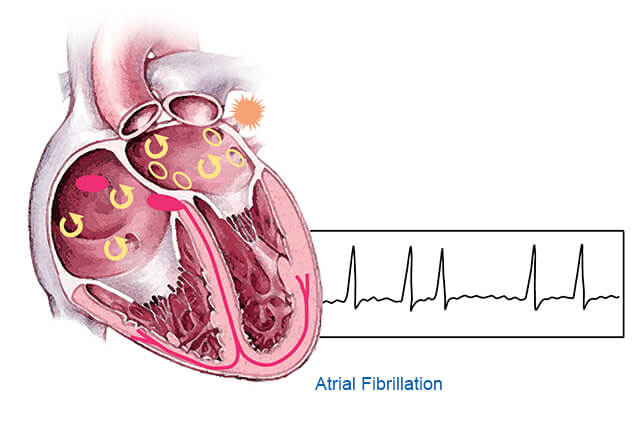
Arthritis is a health condition that involves inflammation and swelling in the joints. Over time, arthritis can cause damage to joints and connective tissues throughout many parts of the body. Many individuals living with arthritis find that modifying their diet can help manage their symptoms. There are plenty of healthy and nourishing alternatives that will not only boost your overall wellbeing, but can also ease joint discomfort. Read on for a list of foods that can alleviate arthritis symptoms as well as foods for people living with arthritis to avoid.
1. Salt
Salt is an essential component of a balanced diet, yet too much sodium can be harmful. An excess of sodium may increase risk for high blood pressure, heart disease and stroke.
Salt can also contribute to tissue swelling and worsen arthritis symptoms. The Arthritis Foundation recommends that those living with arthritis limit their daily salt intake to less than 1,500 mg - approximately half a teaspoon daily.
Research suggests that eating a low-salt diet may lower inflammatory markers and slow cartilage degradation and bone destruction in laboratory tests, though further research must be performed to determine the benefits of this diet for arthritis patients.
2. Processed Meats
Processed meat refers to any red or white meat that has been preserved through smoking, curing, salting or adding chemical preservatives; such products include ham, bacon, sausages and deli meats.
Processed red meats contain high levels of cholesterol and saturated fat, both known to exacerbate arthritis symptoms. For this reason, processed meats are one food that people with arthritis should avoid. Furthermore, they also contain polycyclic aromatic hydrocarbons, heterocyclic amines and haem iron that contribute further to this inflammation.
Many health researchers advise limiting your consumption of processed meat to no more than two servings each month, as even moderate amounts can raise the risk of cancer, heart disease and other ailments.
3. Alcohol
Alcohol is enjoyed by millions of people every year, yet can have serious long-term negative health impacts, including heart disease, cancer and diabetes.
Alcohol can also exacerbate symptoms for those living with arthritis; particularly drinking can aggravate gout.
People suffering from rheumatoid arthritis (RA) may see their joints respond poorly to alcohol, leading to inflammation and swelling.
Gout can also increase blood uric acid levels, which contributes to its formation. Dehydration makes it harder for kidneys to process excess uric acid produced.
4. Sugar
Sugar may seem surprising, but research shows that it can actually aggravate arthritis symptoms. People living with rheumatoid and other forms of arthritis, such as osteoarthritis or psoriatic, experience flare ups after eating sweets.
Foods high in added sugars causes our bodies to produce more inflammatory proteins called cytokines that trigger further inflammation and worsen your symptoms.
5. Fried Foods
Fried foods such as chicken, French fries and donuts contain advanced glycation end products (AGEs) that may trigger inflammation. Furthermore, these compounds contribute to plaque buildup within arteries - leading to heart disease and stroke risk, making this a food that people with arthritis should avoid.
Opt for healthier frying methods such as grilling or baking instead of deep frying; these methods use healthy oils like coconut or avocado oil that won't cause inflammation and other health complications.
6. Coffee
Many individuals rely on coffee's stimulating effects to stay awake and productive throughout their days.
However, caffeine does have some adverse side effects and should be used with caution or avoided by individuals living with arthritis. While caffeine may not harm everyone who uses it, its consumption could potentially aggravate existing joint issues and exacerbate pain levels further.




